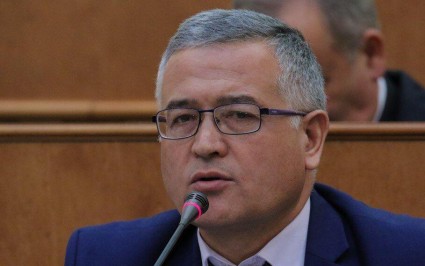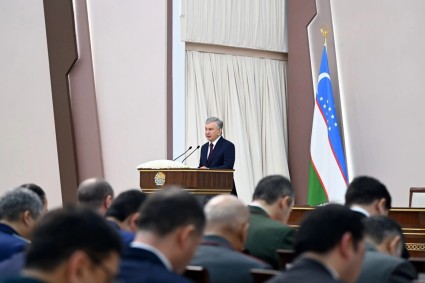Japanese Ambassador to Uzbekistan Yoshinori Fujiyama and Regional Representative of the United Nations Office on Drugs and Crime (UNODC) Ashita Mittal on February 17 in Tashkent signed exchange notes worth a total of 471 million yen (about $4.1 million) under the project “Expanding cross-border cooperation within the region by strengthening the functions of the Border Cooperation Offices in Central Asia”, the Japanese Embassy to Uzbekistan said in a statement.
“Central Asia borders Afghanistan, the world's largest producer of opium poppy, which is the raw material for opium and heroin, and serves as a smuggling route for illegal drugs such as drugs of Afghan origin,” the statement said.
“Border control in Central Asian countries is not strong enough, and strengthening its capacities is an urgent task,” the report says.
The project provides for the provision of equipment to the countries of Central Asia - Uzbekistan, Kazakhstan, Kyrgyzstan, Tajikistan and Turkmenistan - to strengthen the functions of border checkpoints, as well as training of personnel to improve their skills in the field of combating drugs.
This cooperation is expected to contribute to the stability and socio-economic development of the Central Asian region by strengthening border control, drug control and regional cooperation among the five countries of Central Asia.















